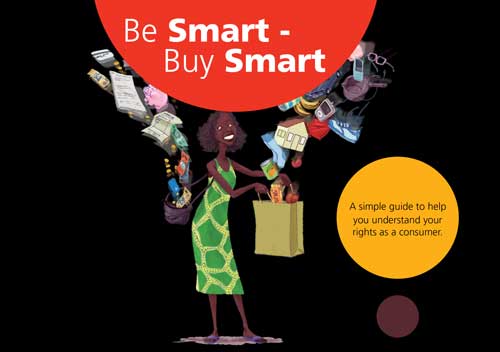Owning a car means paying for regular services, repairs, registration and sometimes insurance. You also need to think about the price of fuel – an efficient car engine is cheaper to run.
If you aren’t paying cash for a car, look for the best loan to suit you. Shop around for the best deal and think about talking to a financial counsellor or community member before you sign anything.
Work out how much you can afford to pay in loan repayments and remember the extra charges such as interest and fees.
If you are buying a second-hand car then choose from a licensed second-hand dealer with a good reputation – they will usually provide service if problems arise.
You can check if the dealer is licensed by contacting your local fair trading agency. See the back of this booklet for phone numbers.
Remember – don’t sign anything until you are sure you are going to buy. Take time to read and understand all the documents before you sign them. Don’t sign blank or incomplete documents; and initial all changes.
In some states/territories, if you buy from a licensed second-hand vehicle dealer you have a cooling-off right. This means that once you sign a contract you have some time to change your mind if you want to. Before signing a contract, check with your local fair trading agency if there are cooling off rights in your state/territory and how long you have to cool off.
Tips:
- If you buy from a licensed dealer you have more protection than when buying from a private seller.
- All people who sell cars for a business must be licensed as a dealer.
- There is no warranty if you buy privately rather than through a dealer.
- If the car is very cheap, or too old, it may not come with a warranty. This means you have to pay yourself for everything that needs fixing.
- Get a mechanical inspection done by an independent mechanic that you trust.
- If you are using credit, make sure you can afford the repayments and shop around for the best deal for you.


